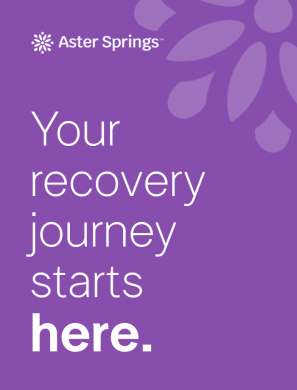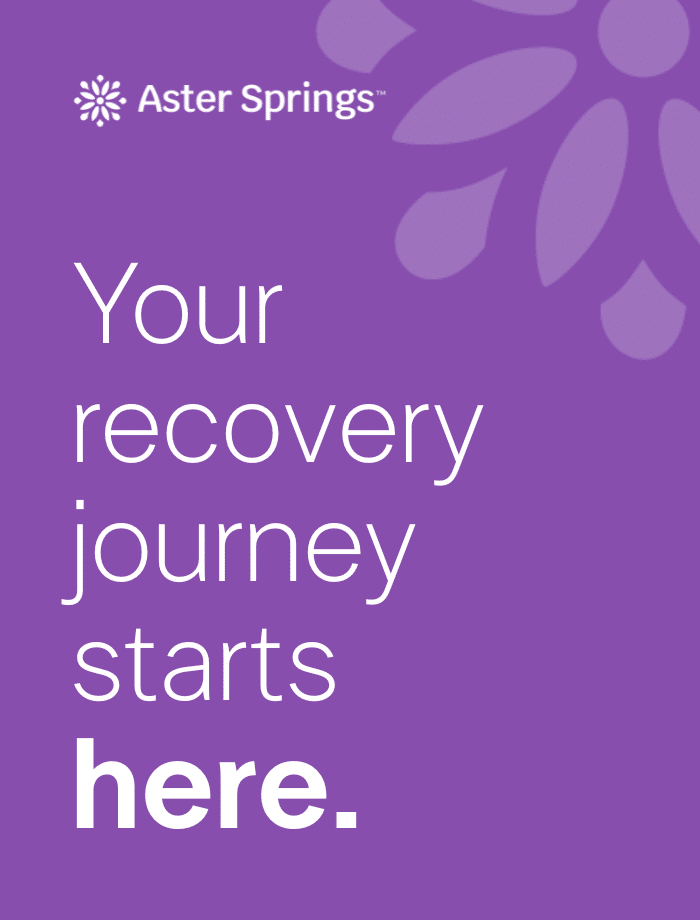Talking to your therapist about your eating disorder can be challenging, especially if you’ve struggled with it for a long time. To get the help you need, you should have an open and honest dialogue with your therapist. We’ll explore how to discuss your eating disorder with your therapist, including tips on preparing, what to say, and how to cope afterward. Whether you’re just starting to talk about your eating disorder or have been in therapy for some time, this post will help you feel more comfortable and confident when discussing your eating disorder.
How to Prepare for an Open Conversation with Your Therapist about Your Eating Disorder
Having the conversation about your eating disorder is going to be scary, so doing a little prep work will help ease your anxiety and give you the best chance of actually getting the conversation started. First, remind yourself that therapy can help you, and if you want support with your eating disorder, this is your opportunity to take the first step toward recovery.
Here are some tips to help you prepare:
- Remember, therapy sessions are a safe, therapeutic space. Your therapist is there to help you work through your struggles, not judge you
- Know that everything you discuss in your therapy session is confidential
- Speak from your heart. Be open and honest about your feelings. Your therapist can help you better if they understand your feelings about your eating disorder
- Don’t feel ashamed or embarrassed about speaking openly about your eating disorder
- Therapists are experienced healthcare professionals who have heard similar stories and struggles before. The more your therapist knows, the more they can help you meet your goals
- Practice ahead of time. Practice saying what you want to discuss out loud before you have to do it in person
- Start small. You can bring up the topic of eating disorders without providing every detail at once. You can get more in-depth as you become more comfortable talking about it
- Challenge yourself. This time is yours, and if you want to get the most out of it, you may have to put in some hard work (1)
What Should You Do If You Feel Uncomfortable Talking About Your Eating Disorder?
So, you’ve prepared for your conversation about your eating disorder, but you still feel beyond awkward. Discussing one’s mental health and problems is uncomfortable for most people, and it’s completely normal to feel that way. Just don’t let it be a reason not to talk about your eating disorder. Your therapist is an experienced professional who listens no matter what you have to say. Take a few steps to address your discomfort so you can get the most out of your therapy.
Ask your therapist questions about how to address difficult topics. Your therapist can give you advice on how to bring up the issue. They are trained for this and skilled at taking the lead and finding ways to make difficult conversations easier.
Let your therapist know what’s making you uncomfortable. If you are having fears about being judged, rejected, or misunderstood by your therapist, let them know. They will help you work through those fears so you can move forward. Your therapist may also suggest relaxation techniques, such as deep breathing, to help you feel more comfortable and more capable of speaking openly.
Write down what you want to discuss and bring it to your appointment. You or your therapist can read your written notes which may be more comfortable than saying them out loud.
What Kind of Advice Can You Expect from Your Therapist?
Your therapist will ultimately help you work through any anxiety or fear you may be feeling and provide you with the tools to progress in your recovery journey. They will help you with goal setting and work with you to develop a treatment plan to support you in meeting those goals. In addition, they will assist you in identifying and addressing triggers that contribute to your eating disorder, as well as teach you how to manage your feelings and develop healthy coping skills (2).
It’s essential to be aware that developing a relationship with your therapist and working through your eating disorder will take time. Be open to your therapist’s advice, suggestions, and any potential treatment options they may recommend. And remember, the sooner you open up to your therapist about your eating disorder, the sooner you can begin to heal.
The therapists at Aster Springs can provide you or your loved one with the therapeutic and healing environment needed to begin the recovery process. Find the location nearest you to start your journey toward recovery today.
Resources
- Lebow, H. I. (2021, June 15). How to open up to your therapist and why it matters. Psych Central. https://psychcentral.com/blog/how-to-open-up-to-therapist-and-be-honest
- Wake Forest University. (n.d.). Types of eating disorders and how counselors can help. https://counseling.online.wfu.edu/blog/types-of-eating-disorders/
Author Bio:
Kate Delaney Chen, BSN, RN-BC is a healthcare writer and registered nurse with over 17 years of bedside experience. She specializes in Psychiatric Nursing and Nephrology and currently works at a nationally recognized Inpatient Eating Disorders Program.


